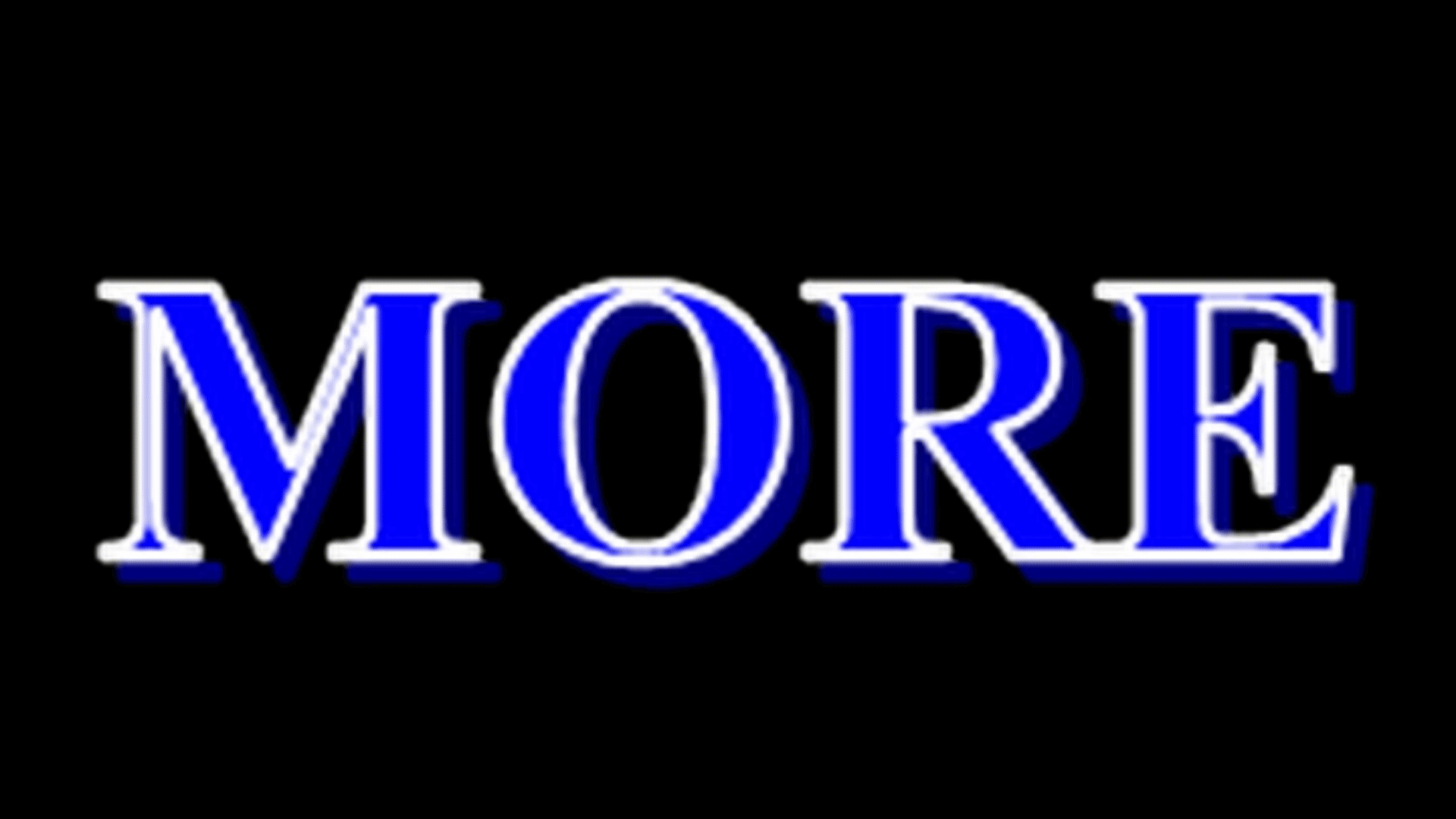
The action of creating insinuates design. Design requires some level of intelligence and purpose. To create with intelligent design and purpose would require a someone with the ability. The only someone that has ever been proposed as having the ability (total control of matter and energy) is God. The only alternative to God creating humans it would seem is un-intelligent, non-designing, without purpose non-someone--or chance. The amazing beauty, function and design of the human being (body and mind) is just too much to conclude that there was no purpose intended.
See if this illustration and viewpoint from the book, Life Without Limits, by Clifford Goldstein, helps see this more clearly.
A young man stood before the judge, who had just sentenced him to 10 years in prison. When asked if he had anything to say, the criminal said: "Yes, I do."
"Judge," he asserted, approaching the bench, "how can you in good conscience sentence me to jail? It's not fair."
The judge dropped his reading glasses to the end of his nose, looked down at the defendant, and asked, "It's not?"
"No! It's because," the man said, edging even closer, "from the moment I was born, from my family, from my genes, from my upbringing, from my environment, from my friends—everything predetermined me to a life of crime through no choice of my own. I couldn't have turned out any differently. I'm no more responsible for my actions than water is for flowing down stream. I had no choice for any of the things I did."
The judge sat there, silent, pondering. After a few moments, he leaned forward and, speaking directly into the young man's face, said, "Well, son, I'll tell you how I can sentence you to 10 years in prison. From the moment I was born, from my family, my genes, my upbringing, my environment—everything that ever happened in my life has forced me, from no choice of my own, to sentence you to these 10 years."
The judge then slammed down his gavel, and a police officer took the prisoner away.
Are we, then, like that judge and criminal, so totally captive to physical forces that everything we do—from what we eat for breakfast to whom we love—are not really free choices but the inevitable outcome of what came before? However it might otherwise feel, are our "free choices" as predetermined as our DNA?
On the other hand, if the idea of our existence as being nothing but the random motion of non-rational atoms seems about as adequate as love being nothing but hormonal excretions, then our origins must come from something greater than physical laws, something more than motion and matter. There would have to be a power greater than the mechanical and physical laws that run the universe, something that created not only those laws but along with them our freedom, our creativity, and our capacity to love—aspects of our existence that don't appear to be defined only by nature's laws.
And who else—or what else—could that power be, other than God, the Creator? When the Bible says that humanity was made "in the image of God" (Genesis 9:6), this could mean that things such as human freedom, creativity, and love are the manifestation of the character of God Himself. Again, if there is no God who has created a world in which free choice exists, one in which freedom functions at a level beyond the purely physical, then it's hard to see ourselves as anything but organic robots hard wired with neurons instead of silicon chips.
"How did we get here?"--human origin--is not just an interesting question. It has a lot to do with how life is lived. Were we designed with a purpose, with the power of choice? Or did we evolve by chance with no design, purpose or destiny options? Another good question to explore is the question: "Why did God create humans?"
Click the MORE button below for another viewpoint on the question "Did God Really Create people?".
